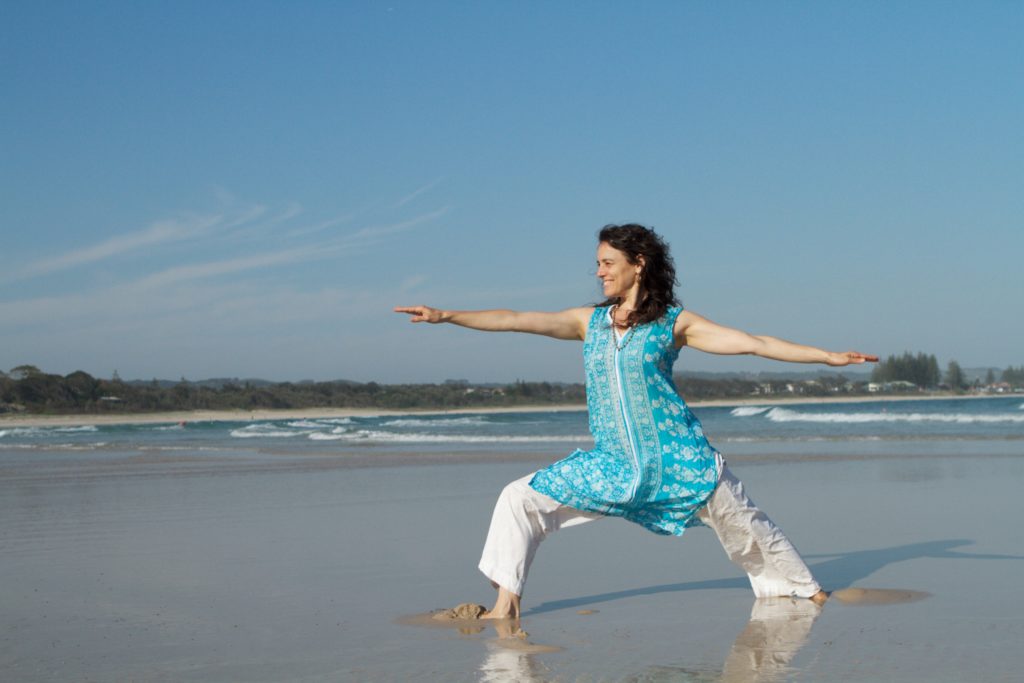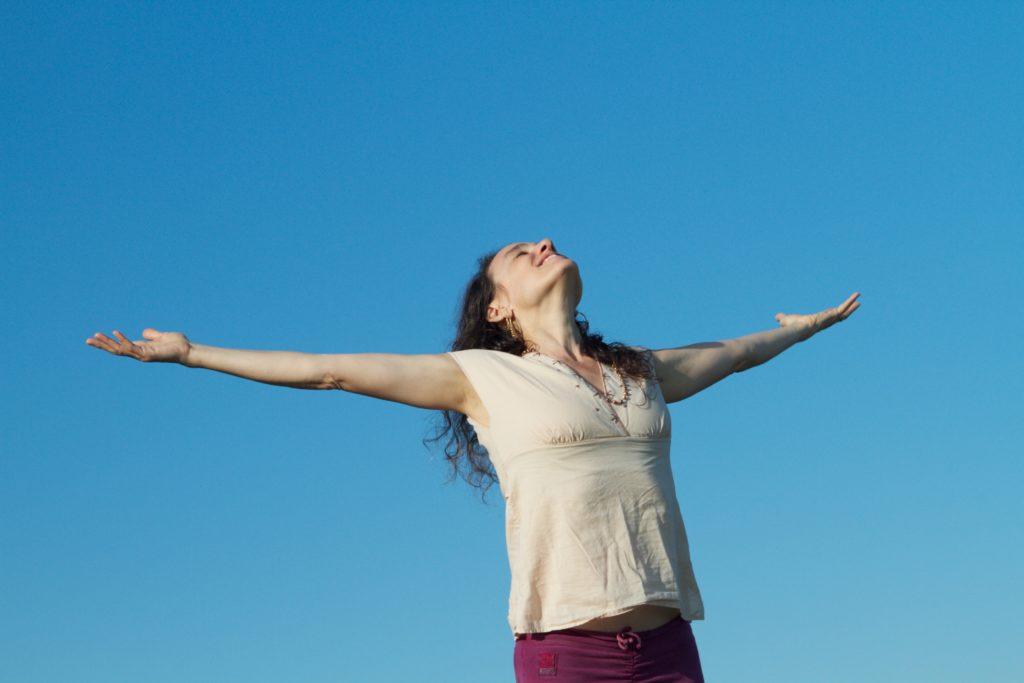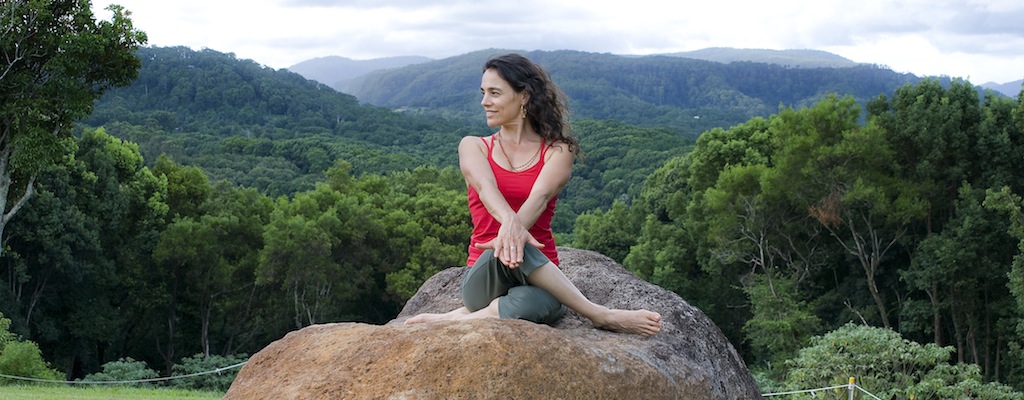All You Need is Yoga
I can still remember the first time I stepped onto my yoga mat after my diagnosis. I was in shock. A yoga teacher for half my life and now this. I didn’t know what to do let alone what to think and I was afraid.
The doctor had said we’d take it one step at a time. My A1c was only slightly elevated. “Let’s get your iron and B12 levels up and go from there.”
That day I did my practice with total awareness. Yoga was my refuge. It kept me from giving up and gave me a reason to try.
You know how it sounds when you try to talk underwater? It feels all warm and far away? That’s how it felt when he told me that the type of diabetes I had was an autoimmune condition and that down the line I’d be on insulin.
If I’d known then what I know now, I would have done things differently. I’d have asked him to talk more about the disease and I would have reached out. Being informed is so important. I didn’t know anything about diabetes and neither did anyone close to me. Most of the time I was stumbling around in the dark feeling isolated and helpless.
It’s been eight years and a lot has changed. I’m on insulin now and really grateful. I’ve made a bunch of friends through the diabetes online community and in spite of the daily challenges, I don’t feel alone.

Going on insulin has not necessarily made things easier. The stress associated with the unpredictability of my body’s response to insulin puts me under pressure. That’s why I rely on yoga to help get me through. In my experience, it’s the number one way to mitigate stress. Throughout my diagnosis and during my years of denial, I never stopped practicing. No matter how hard it got, yoga was there.
Now all I want to do is share with everyone how yoga has helped me and still helps me on a daily basis. Yoga enabled me to accept my diagnosis. Yes, it’s tough but you can live with it and there are tools out there that are easy to implement and do make a lasting difference.
I’m not one of those people who shouts from the rooftops, I’m actually pretty shy. But when I believe in something I’m like a force of nature.

My brand of advocacy is yoga, yoga and more yoga. I’m absolutely convinced that yoga is the perfect compliment to a daily diabetes management plan. Studies have confirmed that yoga helps in so many ways. Yoga gives you:
- Better blood glucose levels
- Increased insulin sensitivity
- Less stress
- Good fitness levels
- Balanced mind
- Increased breath capacity
- Weight loss
- Enhanced mood
When I first started yoga, I thought it was weird. And back in the day it was. In the ’80s, everybody wore funny diaper-like shorts and strapped themselves over chairs and hung on ropes. But now, yoga is really accessible. You can go online, try it at the gym or find a studio around the corner. And yoga is also becoming more and more specialized. That’s why I’m specifically focusing on yoga for people living with diabetes. I feel having the insider’s view gives me an advantage. It excites me when someone I’m working with finally has a good night’s sleep, better blood glucose levels and reacts less when stressful events come their way.
If you think yoga isn’t for you, I’d like to leave you with this final thought. You have everything you need to do yoga. Your body, your breath and your mind are a given, and it’s not about being flexible. There’s definitely a program that meets you at your level and pace. The only thing you do need is enthusiasm and the willingness to give it your all. Put all that together and you’ve got a recipe for success!





